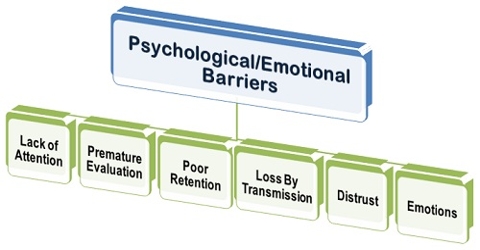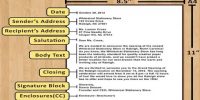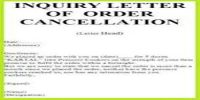Psychological barriers:
Emotional or psychological factors acts as barriers to communicators. Physiological barriers of communication occur due to the physical condition of sender or receiver which might even be physical disabilities. For example, a worried person cannot communicate properly and an angry receiver cannot understand the real meaning of message. The state of mind of both sender and receiver of communication reflects in the effective communication. Some of the psychological barriers are:
(i) Premature evaluation: Sometimes people evaluate the meaning of message before the sender completes his message. Such premature evaluation may be due to pre-conceived notions or prejudices against the communication.
(ii) Lack of attention: The preoccupied mind of receiver and the resultant non-listening of message acts as a major psychological barrier.
(iii) Loss by transmission and poor retention: When communication passes through various levels, successive transmissions of the message results in loss of, or transmission of inaccurate information. This is more so in case of oral communication.
(iv) Distrust: Distrust between communicator and communicate acts as a barrier. If the parties do not believe each other, they cannot understand each others message in its original sense.














